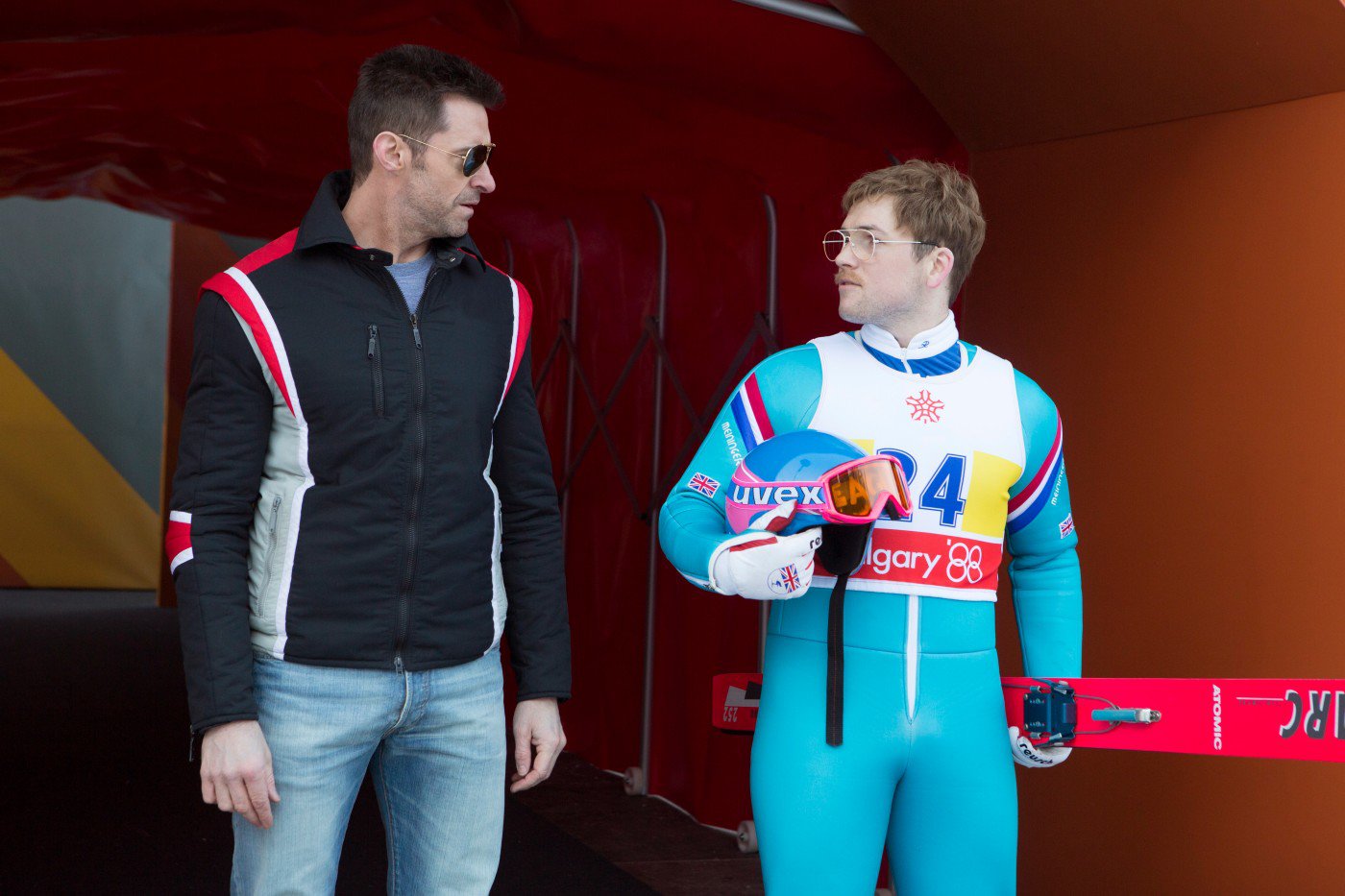
- Festivals
Venice 2022: “Argentina, 1985” directed by Santiago Miter, with Ricardo Darin and Peter Lanzani
The 1985 “Trial of the Juntas” against the bloody military dictatorship in Argentina in the ’70s and ’80s that paved the way to democracy after years of brutal repression is beautifully told in Santiago Miter’s Argentina, 1985.
The film, in competition for the Leone d’Oro at the 79th Venice Film Festival, was received by the audience with a seven-minute standing ovation. “We should run longer closing credits for our next film in Venice,” lead actor Ricardo Darin quipped to his director right after the acclaimed screening at the Palazzo del Cinema in Venice’s Lido.
Seven minutes were not long enough for this moving and entertaining legal and courtroom drama. Rumors about the film winning best movie at the festival, and Darin winning best actor, are already circulating at the Lido. An Amazon Prime Video co-production (with Darin’s own Kenya Film, and other Argentinian and international entities), the film will be released theatrically in the US starting September 30.
Argentina 85 focuses on the extraordinary events of which Argentineans can feel very proud. It is the true story of how a public prosecutor, Julio Strassera (played by Darin); young lawyer Luis Morena Ocampo (Peter Lanzani); and their inexperienced legal team dared to prosecute the heads of Argentina’s military dictatorship in a battle against odds and a race against time, braving bomb and death threats while presenting the heart-wrenching and horrific testimonies of people who survived the torture of the dictatorship. The so-called “Trial of the Juntas” is described as the biggest prosecution process for war crimes since the 1946 Nuremberg Trails after WWII. Co-written by Miter and Mariano Llinás, Argentina, 1985 was shot in the same locations where the real-life action took place.
“The trial of 1985 is a fundamental event for Argentina,” said Miter at the press conference in Venice. “It inaugurates democracy with its condemnation of violence as a possibility, and it was an event that we believed cinema had to portray, and we are glad we were able to do it. We are happy and proud to have been the first to have told this story, not only to the Argentine public but to the world. Why wasn’t it done before? I couldn’t tell.”
Darin, 64, one of the most famous and influential actors in Argentina and abroad (among his credits as an actor in film and TV are Nine Queens, The Son of the Bride, The Secret in Their Eyes, Truman, An Unexpected Love), was pivotal in the making of Argentina, 1985, as he is a powerhouse in his homeland’s entertainment business. “It is a story that reflects what I think was one of the most important trials in the history of the Argentine Republic,” he said at the press conference. “A story that also served as an example for the rest of the world. The film also talks about the importance of recovering dignity, of knowing that we must not lower our guard, that we must look forward to freedom, with justice and truth.”
Lanzani, seen in the acclaimed Argentinian film The Clan (2018), joins the conversation. “I did not live through the dictatorship, I was born later,” he said. “But I do think I understand something of humanity, and I feel that this is what struck me the most when I read the script, being able to empathize with what happened and [to] take advantage of the opportunity, beyond the fact that it is just a topic in our country that marked us so strongly. I empathized with my character, lawyer Luis Moreno Ocampo because he found in one way or another the opportunity to carry out this trial.”
Darin talked about his approach to his real-life character, prosecutor Strassera. “It was so clearly designed on the script, and so intelligently dialogued, that it made things easier for me. I didn’t want to look like or copying the real Strassera. We searched for our own path, being prudent and respectful at the same time with some characteristics that we considered the character had and that were unmissable. Like Strassera’s sense of humor, which appeared clearly in the investigation and in the dialogue. I saw Strassera as an iron prosecutor, a stern voice for social and political justice, but also someone with a keen sense of humor, an intelligent man who was serious enough to be able to laugh at everything and everyone.”

